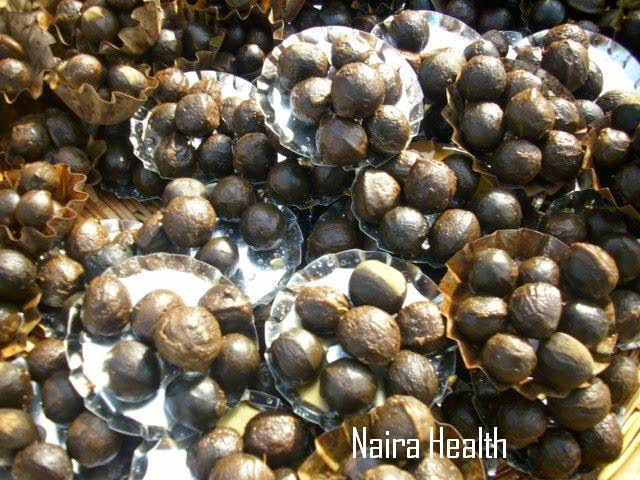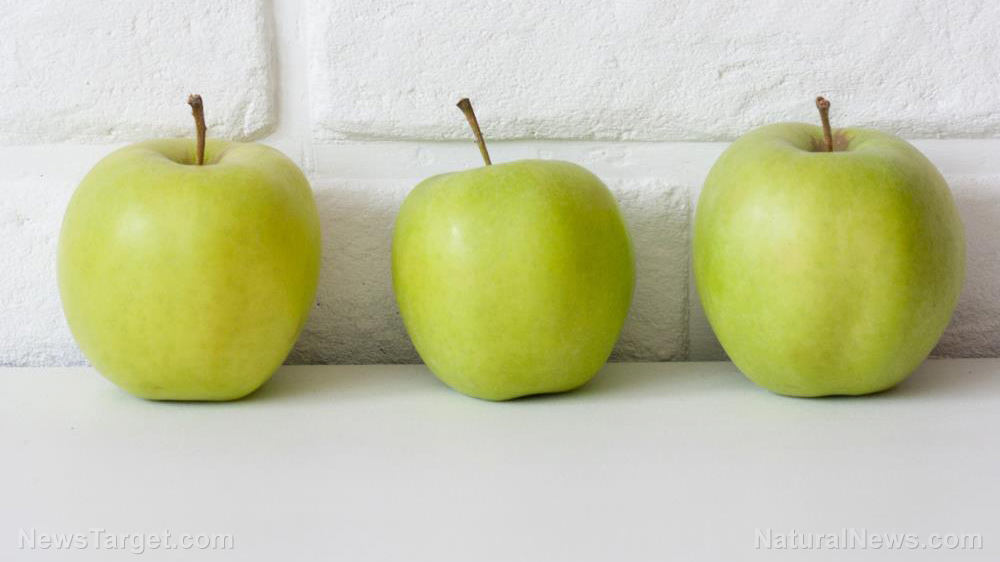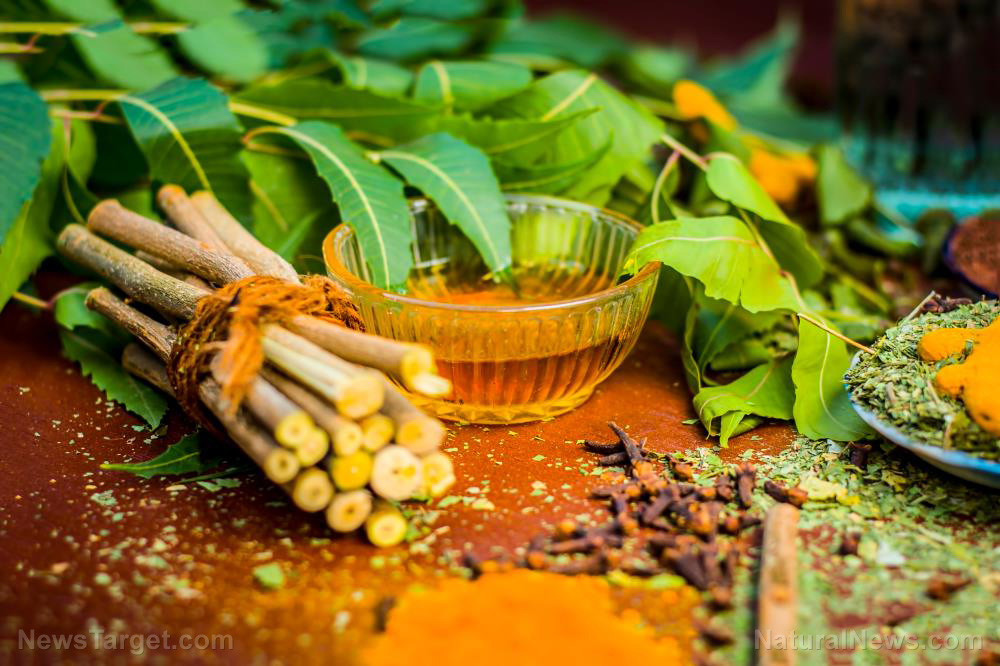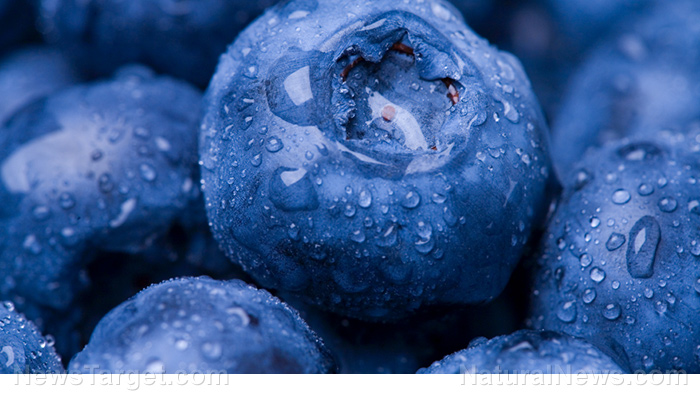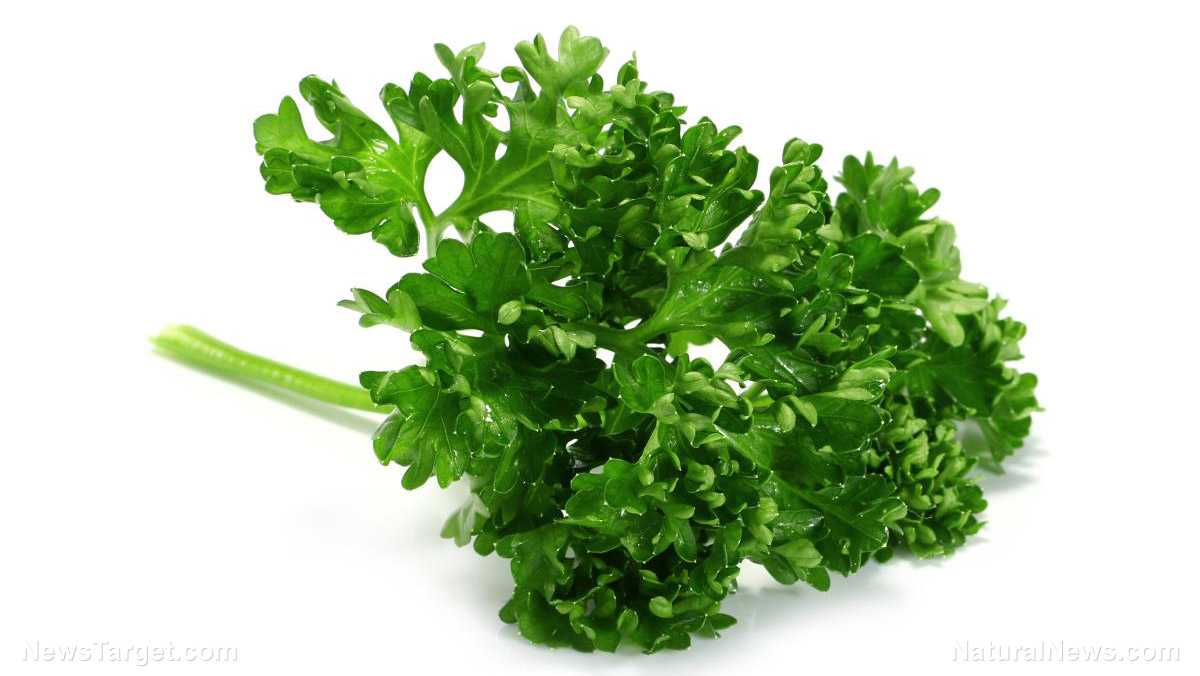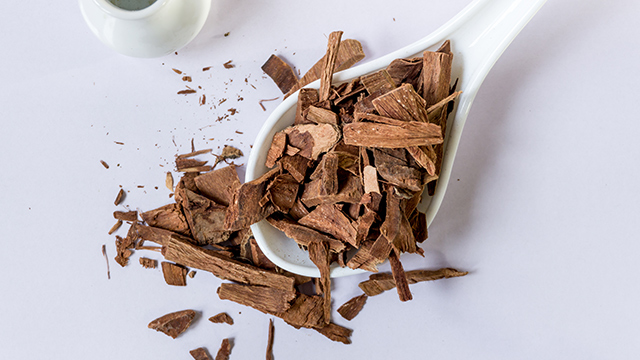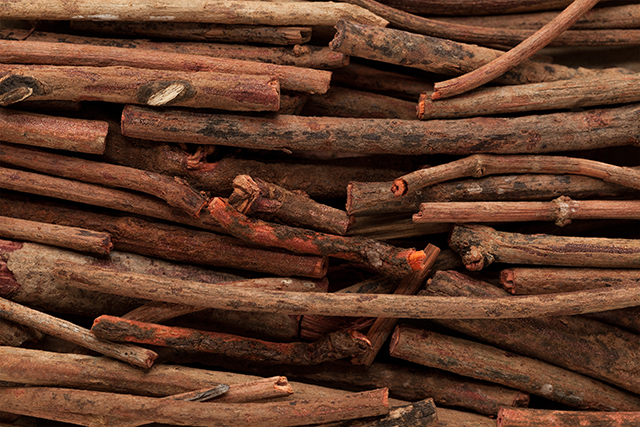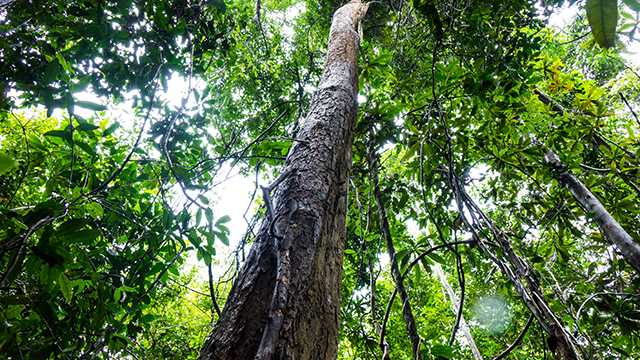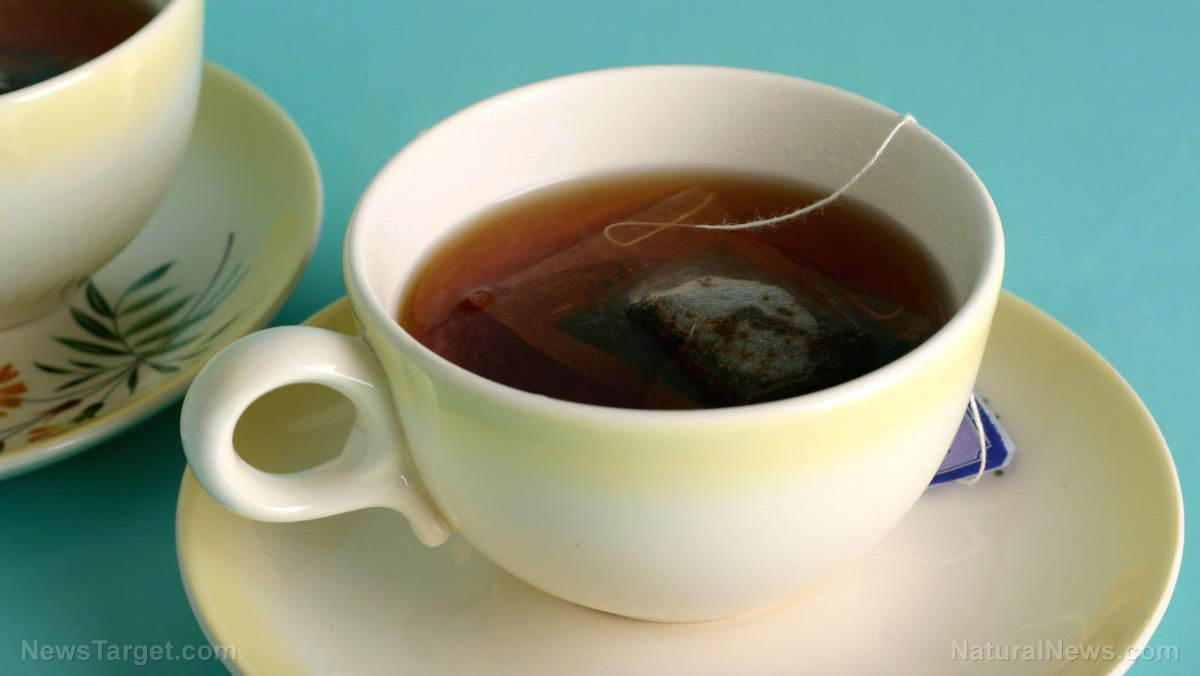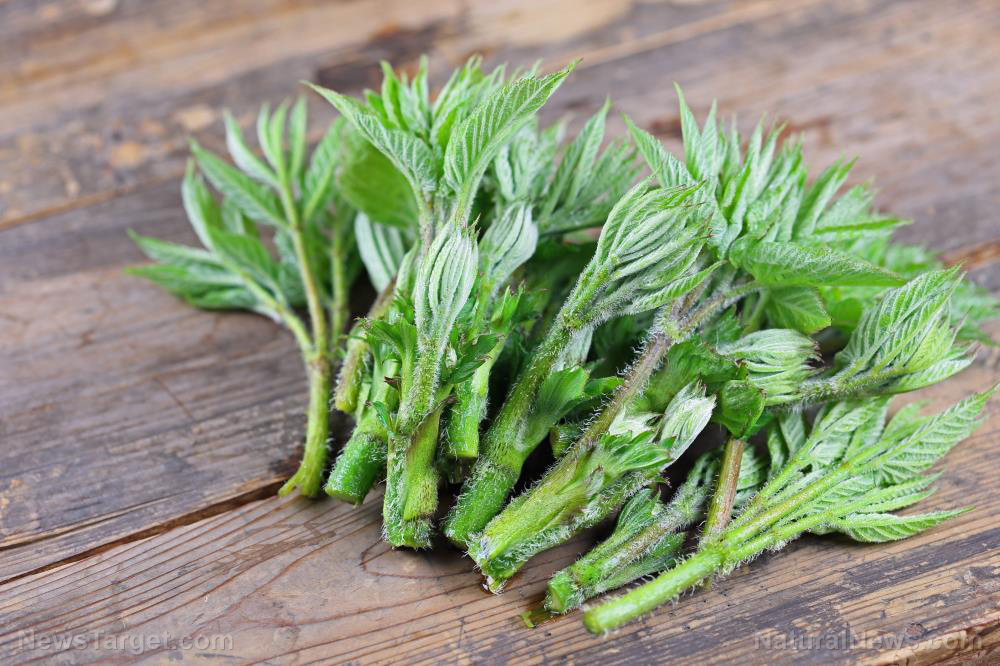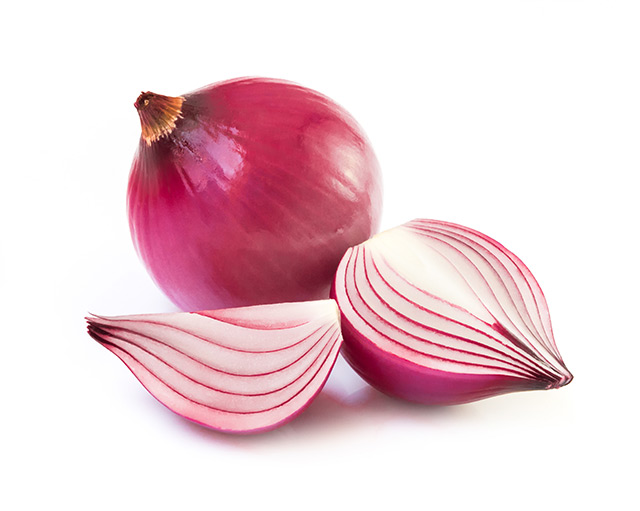All the health benefits of durian fruit without having to eat it – researchers have discovered its promise as a probiotic
02/18/2018 / By Edsel Cook
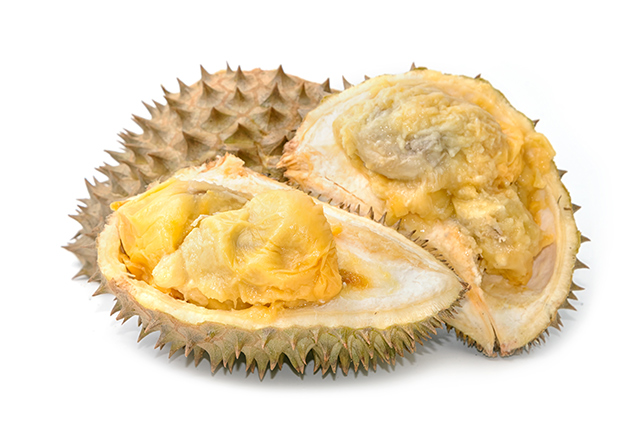
It may soon be possible to enjoy the health benefits of the King of Fruits without the accompanying stench of rotten eggs or the need to actually eat it. Thanks to a joint study by Chinese and Singaporean researchers, a new non-dairy probiotic drink based on fermented durian pulp could be in the works, reported NutraIngredients.com.
The formidable spiked appearance and even more devastating stench of durian (Durio zibethinus?) repels most Westerners. But Southeast Asians consider its fiber-rich flesh such a tasty treat that they bestowed the lofty title King of Fruits upon the large fruit.
That’s why the National University of Singapore (NUS) and the NUS Suzhou Research Institute teamed up to study the effects of the yeast Williopsis Saturnus var. saturnus ?NCYC22 (W. saturnus)? on the viability of two popular probiotic bacteria.
Probiotics are live microorganisms that are intended to generate health benefits for their host. Probiotic products include yogurt, dietary supplements, and cosmetic products such as skin creams.
For their experiment, the researchers sequentially inoculated the W. saturnus yeast into monocultures of Bifidobacterium animalis subsp. lactis ?B94 and Lactobacillus casei ?L26. Durian pulp served as the fermentable substrate for the bacteria.
Results
The researchers reported mixed results in their study. On one hand, W. saturnus? died soon after sequential inoculation into the monoculture of B. animalis subsp. lactis. There was therefore no comparison available.
However, the sequential inoculation of W. saturnus ?was proven to greatly increase the survivability of L. casei? when compared with the original monoculture. The inoculated L. casei bacteria also demonstrated superior use of gluctose and fructose that they extracted from the durian pulp.
The metabolism of organic acids also underwent significant spikes with lactic acid and succinic acid seeing the greatest changes in their levels.
There were also significant hikes in the levels of volatile compounds like alcohols and acetate esters. The former was represented by ethanol and 2-phenylethyl alcohol, while the latter were ethyl acetate, isoamyl acetate, and 2-phenylethyl acetate.
The study considered the increase in alcohol and acetate esters content to be positive contributions to the flavor. However, despite the degradation of the initial volatile sulfur compounds into trace levels, a trace of the scent of the durian remained detectable.
In summary, the researchers believed that combining probiotics and W. saturnus? to ferment durian pulp could result in a new durian-based beverage rich in probiotic bacteria. (Related: Jack fruit, from the fig family, found to have amazing health benefits)
They also mentioned that the addition of W. saturnus? exerted no impact on Bifidobacteria, substrate transformation, or metabolite formation. They attributed the early failure of the yeast to the low pH and high acetic acid production of Bifidobacteria.
“The use of a right combination of probiotics and W. saturnus could be a novel strategy for producing durian-based probiotic products,” they concluded.
Durian is rich in fiber, essential vitamins and minerals. It is reputed to be a very healthy fruit that possesses anti-cancer properties, improves cardiovascular health, and aids in anemia alleviation.
Find more news coverage of the health benefits of fruits at Fruits.news.
Sources include:
Tagged Under: Bifidobacteria, durian, durian pulp, food science, fruits, King of Fruits, Lactobacillus, monoculture, probiotics, raw food, Singapore



